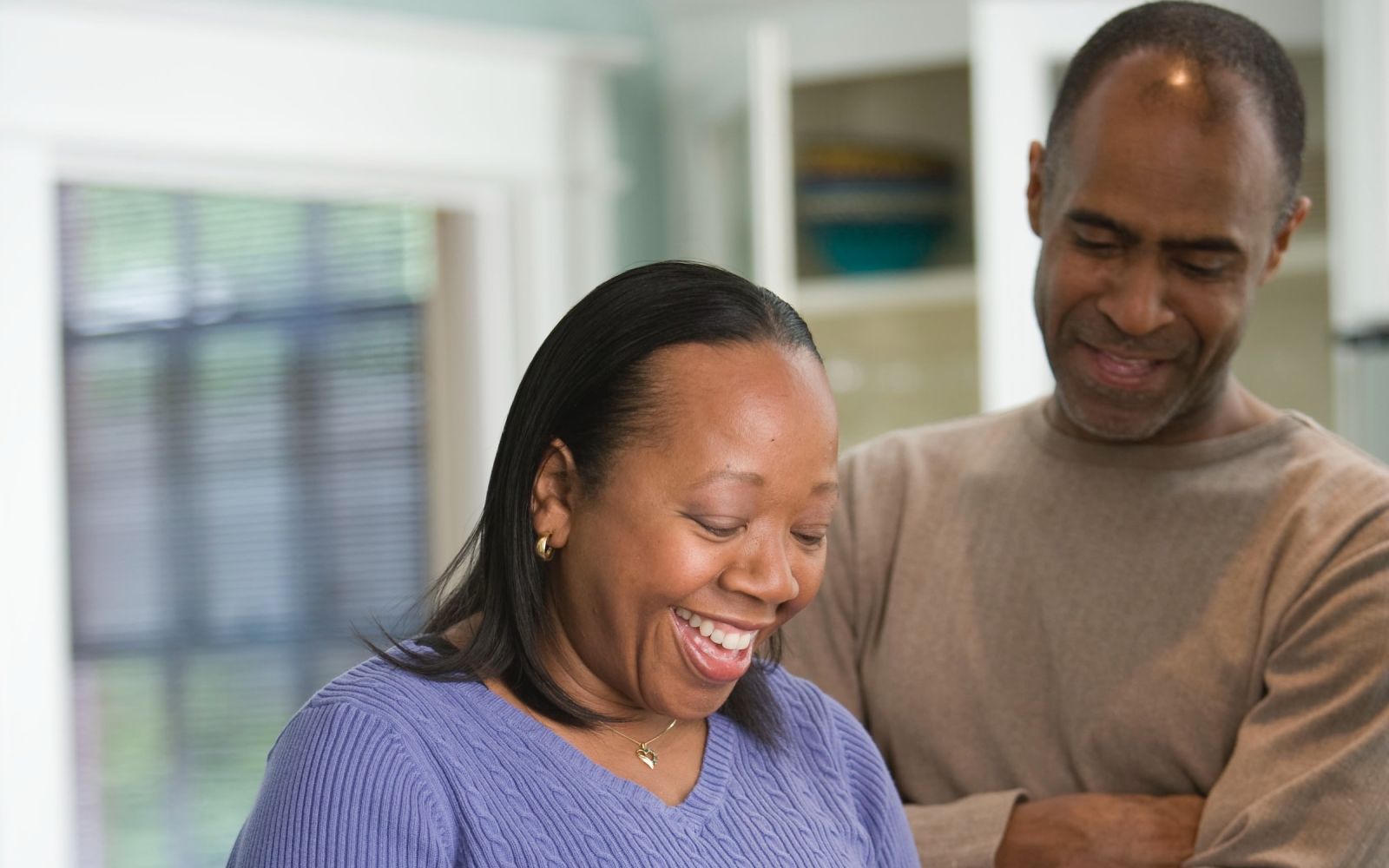Colon Cancer: A Disproportionate Risk for Black Americans
Colorectal cancer is the third most commonly diagnosed cancer in the United States and disproportionately affects Black Americans.

Colon cancer is a serious health concern for many, but especially for Black Americans. This March, during Colon Cancer Awareness Month, it's important to understand the disproportionate risk that Black Americans face when it comes to this deadly disease and why raising awareness of colon cancer in our communities is so critical.
Colorectal cancer is the third most commonly diagnosed cancer in the United States and disproportionately affects Black Americans. This disparity is due to a combination of socioeconomic factors, stigma, and lack of access to healthcare. Black men and women have a significantly greater risk of developing colorectal cancer than non-Hispanic whites, with the former facing an estimated 20% higher likelihood compared to the latter.
The National Cancer Institute reports Black Americans tend to be diagnosed at later stages when treatment may not be as effective or curative, leading to lower survival rates for this racial/ethnic group compared with other racial groups. Furthermore, the mortality rate from colorectal cancers is highest among this group than among all ethnic groups in the U.S., with Native Americans and Hispanic Americans following closely behind.
It is essential our community comprehends the amplified danger of colon cancer and takes preventive measures such as having regular colonoscopies to spot precancerous polyps prior to them advancing to malignant tumors.
Raising Awareness for Colon Cancer in Our Communities
Raising an understanding of the effects of colon cancer in our community is an essential step to mitigating the danger posed by this disease. Given the disproportionate impact of colon cancer on Black Americans, we must take proactive steps to ensure our community is educated about preventive measures and early detection.
To start, we must increase access to information on the risks associated with colon cancer. Educating individuals on the potential hazards associated with colon cancer, including their individual risk elements such as familial history, lifestyle choices such as smoking or drinking alcohol, and other comorbidities like obesity or diabetes should be a priority.
It is also essential we create opportunities for dialogue around colon cancer within our communities to provide a safe space where people can ask questions and discuss their concerns openly without fear of judgment or stigma. We need more conversations about symptoms, screenings, and treatment options.
Taking Action
It is important to get screened regularly. The American Cancer Society (ACS) recommends individuals of average risk aged 45 and over have colon cancer screening done every 10 years or more often as directed by their physician. There are now new options available other than a traditional colonoscopy for colon cancer screening. Discuss your risk with your primary care physician and he or she can help you decide the best course of action for preventative screening.
A healthy diet with fruits and vegetables and minimal processed foods high in fat and sugar, can help reduce the risk of colon cancer. Exercise is another important factor: being physically active helps maintain a healthy weight and strengthens your immune system, which can help fight off illnesses such as cancer.
Finally, avoiding smoking and excessive alcohol consumption will lower your risk for many types of cancers including colorectal cancer. Managing stress levels should be part of everyone’s daily routine as chronic stress weakens the body’s natural defenses.
Access to Healthcare and Resources
To ensure equitable access to healthcare services, we must collaborate in order to provide timely diagnosis and treatment for all members of our community. We must take action to reduce the disproportionate risk of colon cancer for Black Americans.
This means raising awareness in our communities, providing resources and education about early detection, and advocating for access to quality healthcare services. Together we can make a difference by creating an environment where everyone is empowered with knowledge and understanding around this important issue.
Let's work together to address the disproportionate risk of colon cancer among Black Americans, especially in our Nashville community. By providing access to preventive care and screening, we can ensure that everyone has a chance at living healthier lives.



